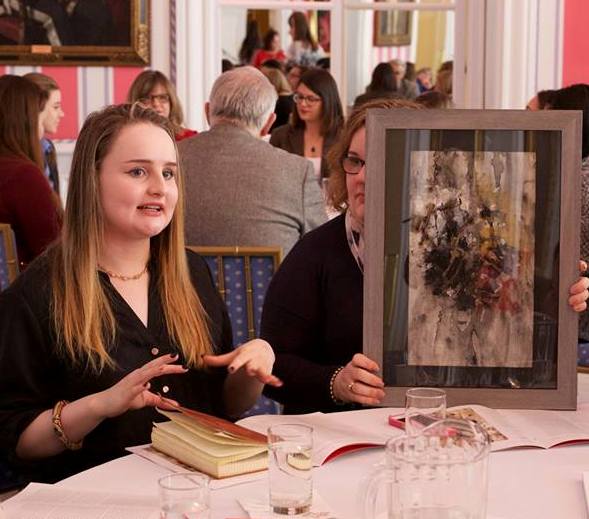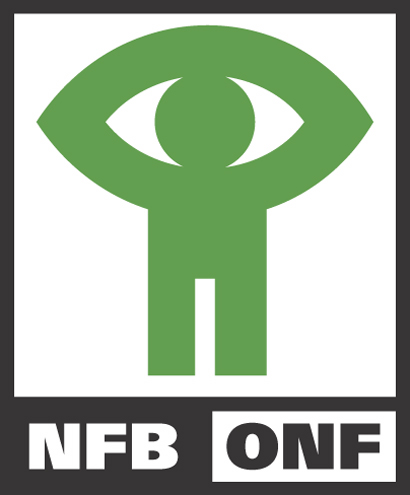By Regan Treewater
 (ANNews) – On November 14, 2018, people from across the greater Edmonton area gathered in the penthouse reception room of the Holiday Inn. Overlooking the jungle of downtown’s gleaming towers, the purpose for this particular meeting was of a most serious nature. Scarred by the indelible trauma of generations, survivors of Canada’s residential schools and their families came seeking answers – answers that had been withheld from them for far too long. The event, Lessons Learned, organized by the National Centre for Truth and Reconciliation (NCTR), stopped in Edmonton on Nov. 14, along its coast-to-coast journey to engage communities throughout the country – both remote and urban.
(ANNews) – On November 14, 2018, people from across the greater Edmonton area gathered in the penthouse reception room of the Holiday Inn. Overlooking the jungle of downtown’s gleaming towers, the purpose for this particular meeting was of a most serious nature. Scarred by the indelible trauma of generations, survivors of Canada’s residential schools and their families came seeking answers – answers that had been withheld from them for far too long. The event, Lessons Learned, organized by the National Centre for Truth and Reconciliation (NCTR), stopped in Edmonton on Nov. 14, along its coast-to-coast journey to engage communities throughout the country – both remote and urban.
“The call to action is strong, and the road before us is long,” commented NCTR’s Director Ry Moran in a recent interview. The Centre archives government and church documents as well as survivor testimonies to chronicle Canada’s residential school system throughout its oppressive history. Through the tireless efforts of a small but dedicated Winnipeg based team, these documents are organized and made available to survivors and their families.
“We started from the ground up,” explained Moran. “I’m always struck by how much has actually changed; it truly is amazing to take a pause and reflect upon where we began.”
NCTR’s trip across the country aimed to provide much needed information to individuals and impacted communities. Currently, the challenge before the group is overcoming generations of mistrust and skepticism ingrained by years of bureaucracy, broken promises and half-truths. Edmonton’s Lessons Learned event was attended by those seeking answers for themselves, and those seeking answers for family members. Facilitators fostered an atmosphere of respect and healing with trained counselors and support workers on site and ready to provide immediate services to those in need.
There were formal presentations, but most of all, the event sought to establish a safe forum for dialog and the sharing of information. Those in attendance were encouraged to share their stories, but certainly not pressured to do so. The atmosphere was welcoming and free of judgement as some attendees described their years of isolation, abuse, and trauma. However, the one unifying theme expressed by each person who chose to speak, was that there is an immediate and long overdue need for healing.
Over and over, people from various communities recounted instances of serious misinformation; many expressed frustrations over not knowing where to turn for services, unbelievable wait-times for answers to simple questions, and the aggravation of maneuvering endless legal paperwork. Many also spoke about how, like a game of broken telephone, erroneous information is often spread within their communities. Hearing directly from NCTR helped to revive a glimmer of optimism that for many had long been extinguished by accessibility barriers and dehumanizing experiences of postcolonial othering.
“We are still stabilizing in many regards” admitted Moran. However, as information is power, access to personal documents concerning their internments, he hopes, will go a long way to facilitating the healing process spoken of so prolifically. Unlike the past attempts of other organizations to gather truth, NCTR is guided by an entirely different philosophical approach: “Research has to be with – not on.” Moran emphasized this point elaborating that for many survivors, researchers would come into their communities, ask for stories and very personal testimonies, only to leave and never be heard from again. NCTR strives to find answers for, and to provide information to survivors – not to study them.
In the hopes of preserving this history to give more thorough and accurate content for educational purposes NCTR’s mission is certainly one of research as well. The Center is the product of what they describe as a “shared vision” founded to provide survivors with “a place of learning and dialogue where the truths of their experiences were honoured and kept safe for future generations” (NCTR website).
“During World War II there was a paper shortage, so some of the information simply is no longer available because much of that was taken and allocated to the war effort,” explained Moran. However, the sheer volume of material the NCTR is working to preserve is immense. And as school districts across Canada begin to integrate this history into their mandated curricula, NCTR has committed their energies to this ongoing work.
Following a day of sharing and supporting, attendees were encouraged to take the information they acquired back to their communities.
“We almost always find something for those who request their documents. Unfortunately, sometimes it might be a single sheet of paper, but we have certainly encountered other instances where we were able to provide survivors with several boxes of copied material,” said Moran.
Despite the traumatic subject matter and haunting testimonials NCTR deals with, the Centre’s Director remains optimistic. “There are general trends towards a more respectful and dignified society,” he noted.
It is hoped that the information collected from Residential School Survivors during the Lessons Learned project will influence future settlement agreements and provide the necessary feedback to prevent future mistakes, including unnecessary challenges Residential School Survivors faced during the process.





Be the first to comment on "Seeking answers and lessons learned from the IRS Settlement"